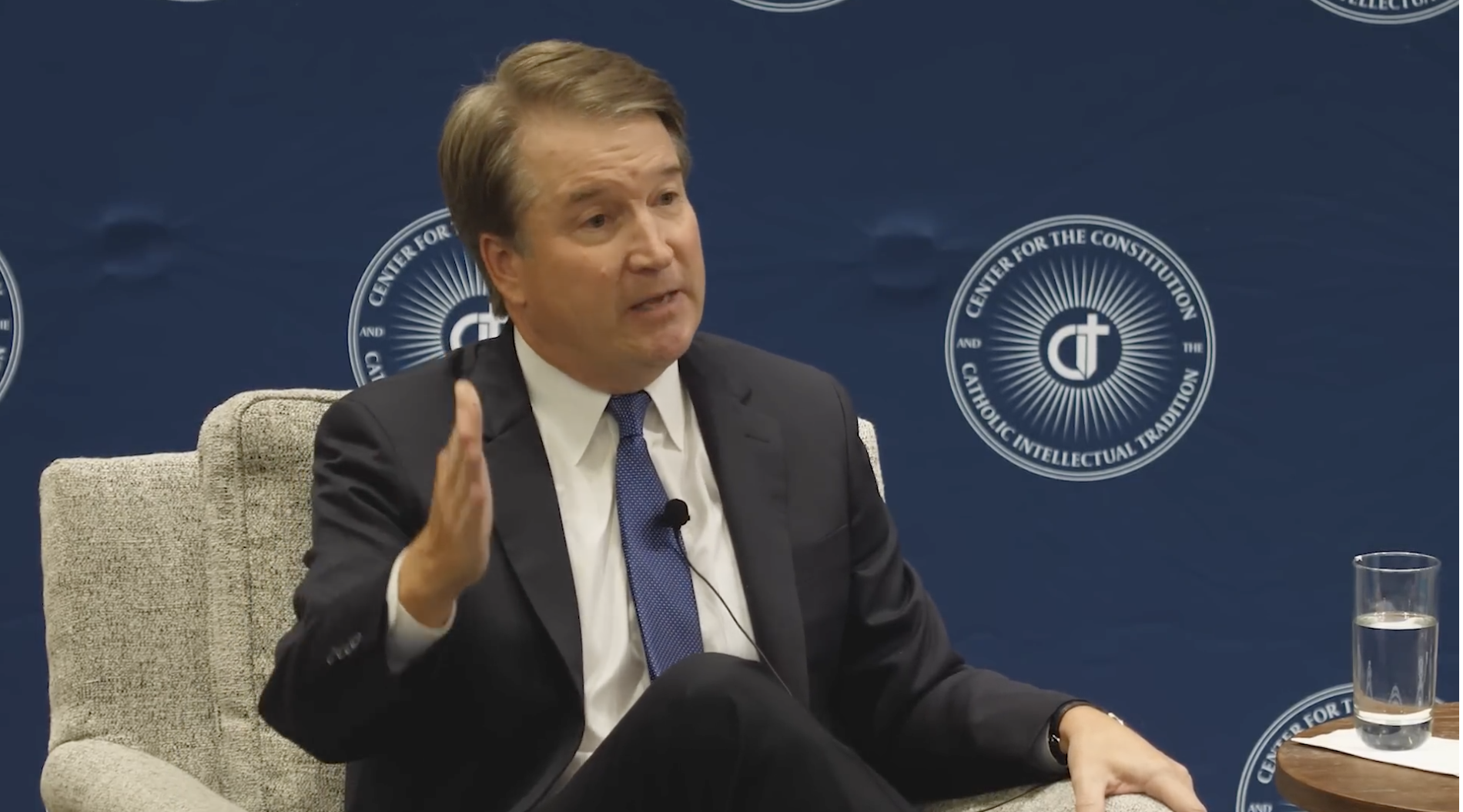A federal judge in Maryland sentenced Nicholas Roske to eight years in prison for his attempted assassination of Supreme Court Justice Brett Kavanaugh. The sentence, handed down by U.S. District Judge Deborah Boardman on October 4, has drawn criticism for being significantly lighter than the 30 years to life recommended by prosecutors.
Explainer Supreme Court Allows Mississippi's Social Media Age-Verification Law to Proceed
Roske, who identifies as transgender and goes by the name Sophie, pleaded guilty in April to charges related to his plot to kill Kavanaugh. He traveled from California to Maryland with a Glock 17 pistol, ammunition, and various burglary tools, intending to carry out the attack in response to a leaked draft opinion that suggested the Supreme Court might overturn Roe v. Wade.
In her sentencing remarks, Judge Boardman acknowledged the severity of Roske's actions but noted that he abandoned his plans upon seeing U.S. Marshals outside Kavanaugh's home. "Though she got far too close to executing her plans, the fact of the matter is she abandoned them," Boardman stated during the hearing.
The judge's decision has sparked debate about the adequacy of the sentence given the nature of the crime. Prosecutors described Roske's actions as an "abhorrent form of terrorism" that required extensive premeditation. They highlighted that he had researched and planned the attack, indicating a serious threat to the judicial system.
Critics of the sentence argue that it fails to reflect the gravity of the attempted assassination. The U.S. Attorney’s Office for the District of Maryland had emphasized in their sentencing memo that the attack on a Supreme Court Justice is a direct assault on the Constitution and the rule of law.
Supporters of Roske, including his defense attorneys, argued for leniency based on his mental health history and the conditions he might face in federal prison as a transgender inmate. They contended that these factors warranted a lighter sentence.
Judge Boardman, nominated by President Biden, has a history of rulings that align with progressive values. Her nomination was supported by the American Bar Association, which rated her as "well qualified" based on her integrity and judicial temperament. She has previously ruled against several of former President Trump's policies, including a decision regarding birthright citizenship.
The case has also raised concerns about a perceived increase in political violence linked to left-wing ideologies. Roske's assassination attempt is one of several incidents that have drawn attention to threats against public figures, including two assassination attempts on Donald Trump during his 2024 campaign.
In light of these events, the sentencing of Nicholas Roske has become a focal point in discussions about judicial accountability and the appropriate response to politically motivated violence. The implications of this case may resonate beyond the courtroom, influencing public perceptions of safety and the rule of law in the United States.
Why it matters
- Nicholas Roske received an eight-year sentence for attempting to assassinate Justice Kavanaugh, raising concerns about judicial accountability.
- The sentence is significantly lighter than the 30 years to life recommended by prosecutors, sparking public debate.
- Critics argue the sentence does not reflect the severity of the crime, which was described as an 'abhorrent form of terrorism.'.
- The case highlights rising political violence and threats against public figures, impacting perceptions of safety in the U.S.
What’s next
- The U.S. Attorney’s Office may appeal the sentence, seeking a harsher punishment for Roske.
- Public discussions on judicial accountability and political violence are expected to continue in the coming weeks.
- Advocacy groups may push for legislative changes to address threats against public officials.
